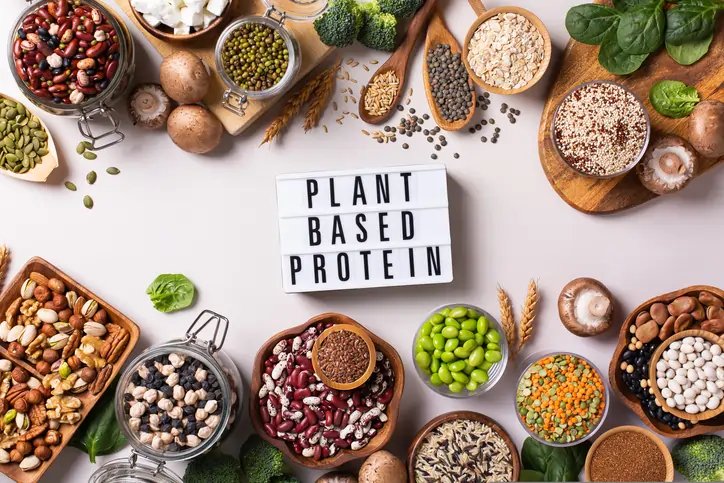Plant-Based Flavor Market to Reach US$ 17.55 Billion by 2034, Driven by Clean-Label and Vegan Trends


The rising demand for plant-based flavors Market is transforming the food and beverage industry as consumers shift towards natural and sustainable ingredients. The growing trend of veganism, coupled with concerns over synthetic additives, has fueled interest in plant-derived flavors sourced from herbs, spices, fruits, and vegetables. The market is driven by health-conscious consumers, innovations in food technology, and the clean-label movement that encourages transparency in ingredient sourcing.
For More Insights into the Market, Request a Sample of this Report: https://www.factmr.com/connectus/sample?flag=S&rep_id=9868
Get Customization on this Report for Specific Research Solutions: https://www.factmr.com/connectus/sample?flag=S&rep_id=9868
Calcium Salts Market was valued at $3,075.0 million by 2024 and has been forecasted to expand at a noteworthy CAGR of 3.5% to reach $4,337.6 million by 2034.
Shrimp Hydrolysate Market was valued at $293.5 million by 2024 end and has been forecasted to expand at a noteworthy CAGR of 8.7% to end up at $675.9 million by 2034.
Add-Back Flavours Market was valued at $1,503.4 million by 2024 and has been forecasted to expand at a noteworthy CAGR of 4.4% to reach $2,312.5 million by 2034.
Vegan Flavor Market was valued at $9,454.0 million by 2024 and has been forecasted to expand at a noteworthy CAGR of 4.8% to reach $15,108.8 million by 2034.
Egg Replacement Ingredients Market Expanding at a CAGR of 5.8%, the global market is expected to increase from a valuation of $1.2 billion in 2023 to $2.1 billion by 2033-end.
Vetiver Oil Market currently stands at $82 million and is estimated to reach a market value of $120 million by 2033.
Food Thickening Agents Market is projected to witness an absolute dollar opportunity of $1 Bn between 2019 and 2028.
Carob Powder Market was valued at $54.9 billion in 2021 and is anticipated to reach a market valuation of $105.9 billion by the end of 2032.
Explore more articles in the Research Reports category











